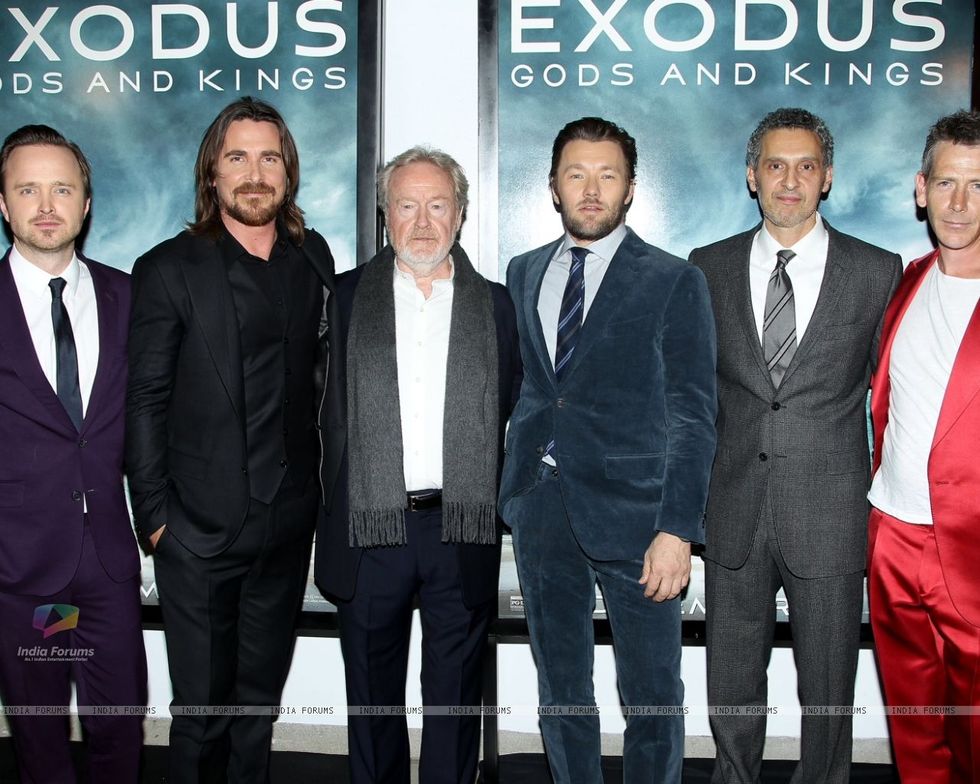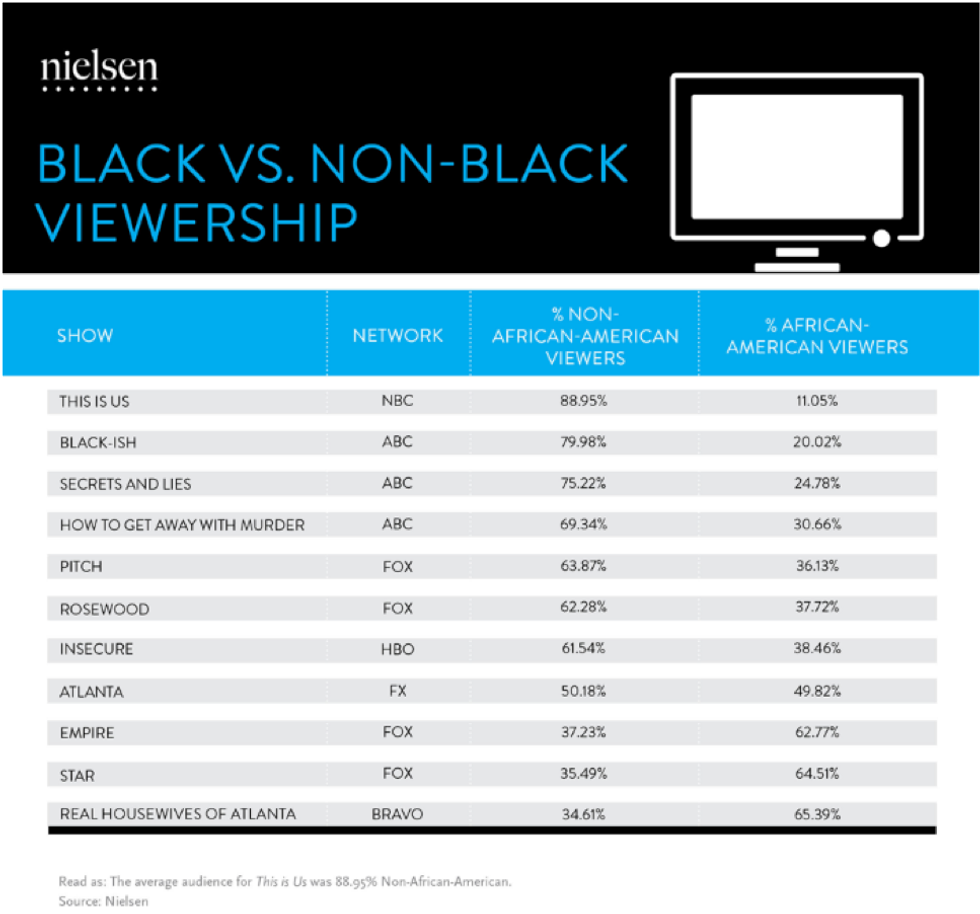In today's society, and with all of the racial issues that have come to light in the past couple of months, an issue that was known to be buried and locked away has recently come to light: racism. In recent years, police brutality towards minorities has caused new waves of support for minority groups to arise. My question is: does the media support this new wave of liberalism in relation to minority groups, or does the media negate it? The research was shocking.
First, let me begin by stating that the media is not one news outlet. It is not one radio station, and it is not one film production company. The media is all forms of outlets depicted as one, which in a definitional sense itself has internal issues, but we'll save that for another time.
It is proven that in film, the media can lead to racism in America. How, you might ask? By whitewashing.
Within media, film has a particularly large impact on the advancement of White privilege ideas. In 1996, Hollywood changed its casting practices to condition audiences to watch films that they are able to identify with. The idea of a mass audience slowly diminished, and the concept of targeting and appealing niche audiences was innovated. For example, Black films are now classified as their own genre. In an article in the Journal of Communication, Andrew J. Weaver (my media professor--how cool!) analyzed the role of actors’ race in relation to White audiences’ selective exposure to film. Essentially, the effects of Whitewashing - casting primarily White actors and actresses in fear of poor box office ratings - and the relation of Whitewashing to White audiences’ selective exposure to film have effects on viewers. Two different experiments were conducted in the study. The results indicated that a list of mediators, such as identification with characters, relevance and intended audience, had to do with what White audiences’ wanted to watch (Weaver 2011). Whitewashing causes misrepresentation of minorities, particularly Blacks, in media, by Whites. According to Wake Magazine, forty percent of the top 100 grossing films from 2012 showed Black characters as less than five percent of the speaking cast. This shows the underrepresentation that exists in film. If Whites were able to identify with the characters and felt that the movie was made for them, they were more likely to want to see the film. It is this way of thinking that can eliminate the role of a Black protagonist since Whites are not as likely to want to see films that encourage Black empowerment, or films that include Black protagonists.
Whites have been conditioned to think that the individuals that they identify with are always the positive characters in film, which can translate into their formations of real-world ideals. In other words, racism could begin to occur because White people will naturally see other Whites as part of their in-group by nature. According to Anastasia Lacina for the Fordham Political Review, diversity in media is a detriment “because people mentally and emotionally need media representation.” She goes on to explain that whitewashing in film and media in general causes children to develop unhealthy conceptions of racial inequality. Therefore, the presence of whitewashing in media can begin racist ideas from a young age, which can develop later in life. Since Whites are actively choosing to consume whitewashed media, they are actively participating in in-group favoritism.
I mean, basic psychology indicates that we go along with our "in-group." This means essentially that, Whites identify better with primarily White casts and vice versa with minority groups. This is the basic psychology behind casting primarily White actors in top-rated movies. This is also proven.
Think about casting dilemmas. For example, in the movie "Hitch," most likely in fear of box office ratings, the casting crew casted Eva Mendes: the perfect mix of black and white. Mendes added a lead character in the movie that minority groups other than Blacks could associate with. I would also like to offer a quick reminder that nothing that happens in Hollywood is by accident. In other words, everything done, from movies to TV shows and ads are strategically done. White actors playing minority roles are even dressed and made-up to look like the other race. Think about "Prince of Persia: The Sands of Time." Jake Gyllenhaal- SHOCK- isn't Persian. Why not just cast a Persian actor? Think about "Exodus: Gods and Kings." Christian Bale nor Sigourney Weaver are of Arab descent. In fact, the director, Ridley Scott, stated "I can’t mount a film of this budget and say that my lead actor is Mohammad so-and-so from such-and-such. I'm just not going to get it financed. So the question doesn't even come up."
Ultimately, it seems as though there is no solution for this overarching problem. My hope is that in the future, media literacy will be a requirement for students of all ages across the country. As part of the Millennial Generation, it is important to take these ideas into consideration in order to not only help ourselves to be more accepting, but to help younger generations to do the same. Also, I end by posing a question: is Hollywood right to cast the way that they do?






















